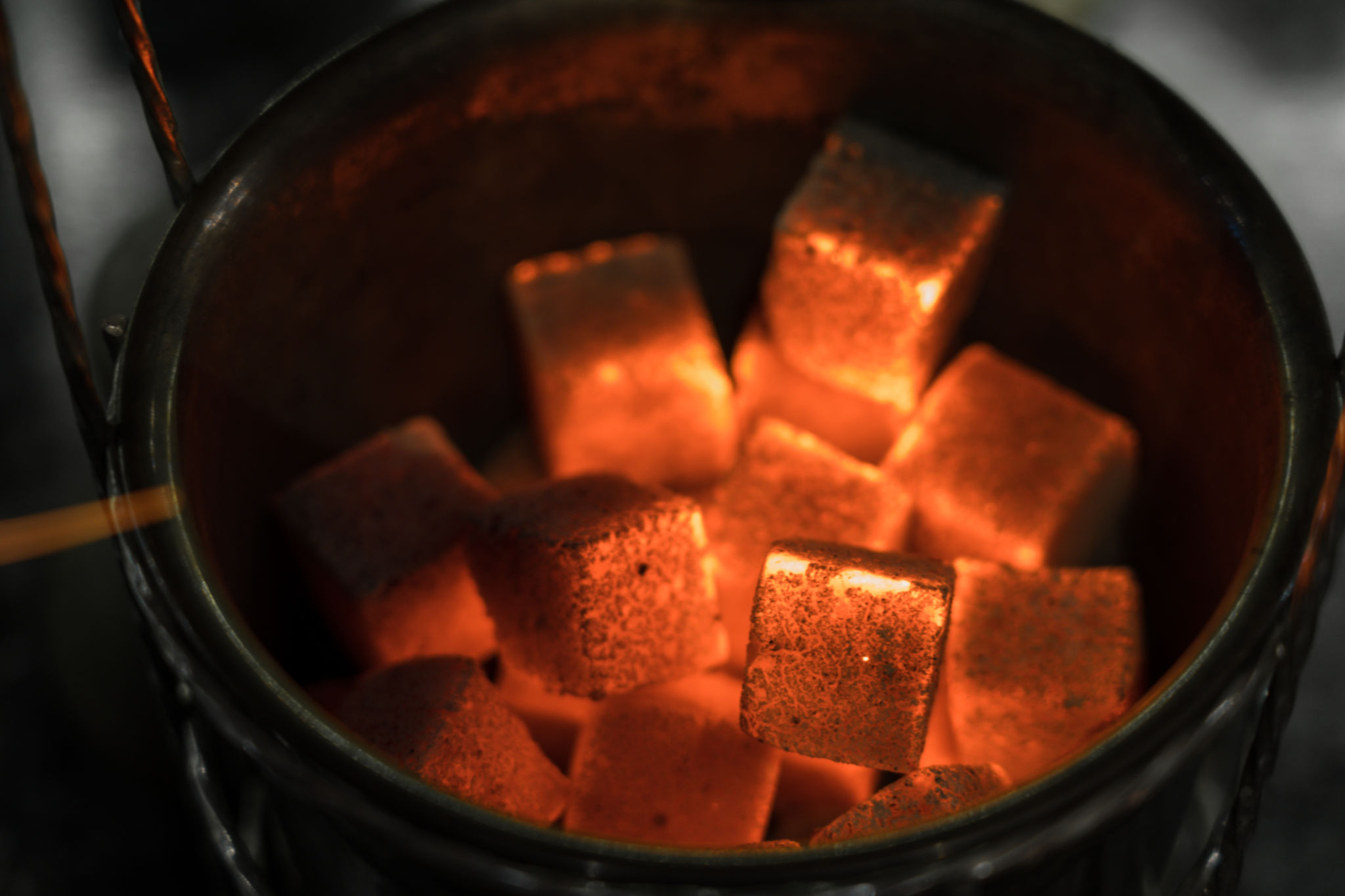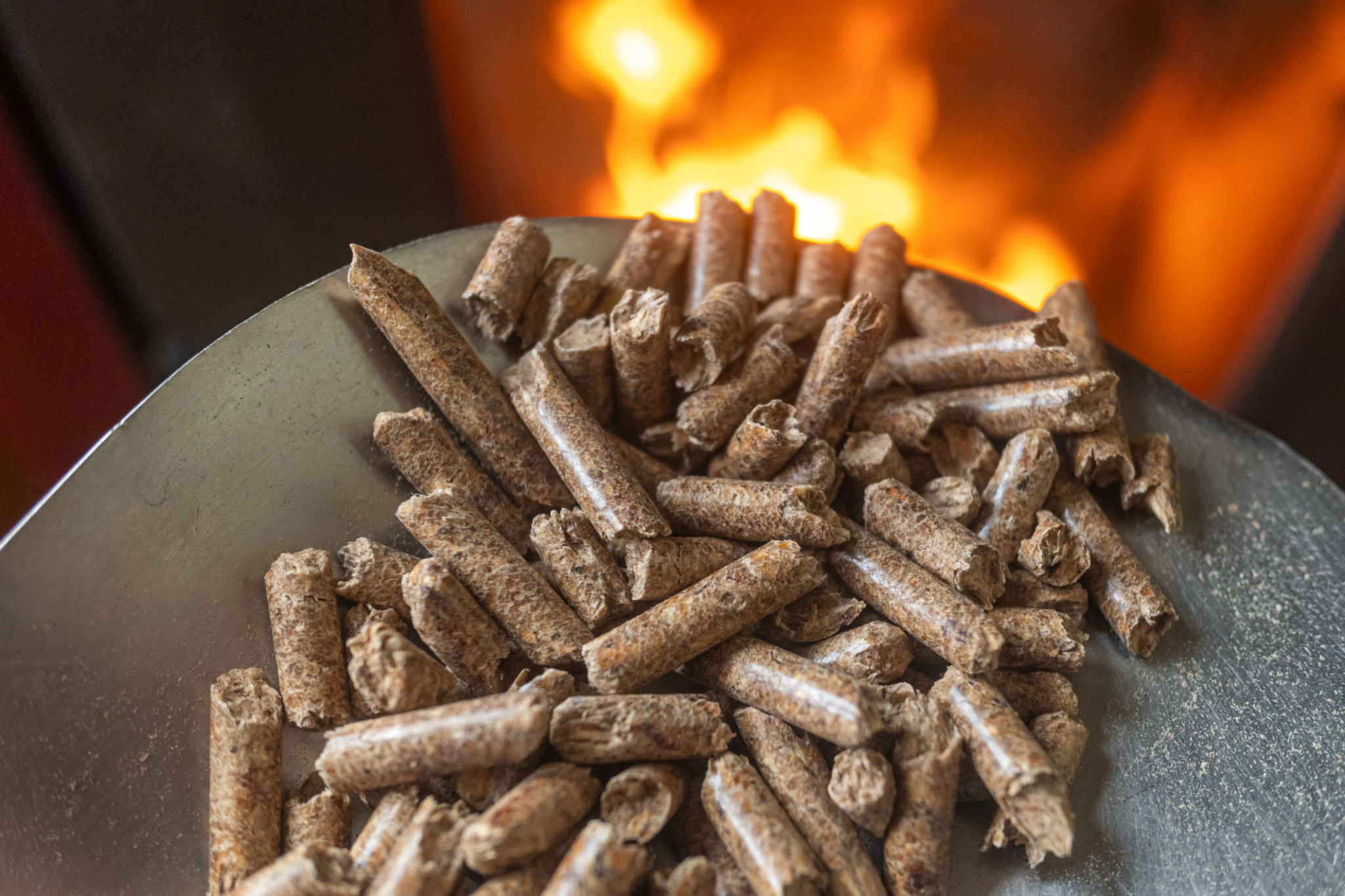Hookah Charcoal vs. Wood Pellets: Which is More Sustainable for Your Home?
Introduction to Sustainability in Fuel Choices
In the quest for sustainable living, every choice counts, including the type of fuel you use at home. Two popular options often debated are hookah charcoal and wood pellets. Both have their unique advantages, but which one is more sustainable? In this post, we delve into the environmental impacts, efficiency, and practicality of each to help you make an informed decision.
Understanding Hookah Charcoal
Hookah charcoal is predominantly made from compressed coconut shells or wood. One of the main benefits of using coconut shell-based charcoal is that it utilizes a byproduct of the coconut industry, making it a more environmentally friendly option than traditional charcoal. Additionally, these charcoals often contain fewer chemicals than quick-lighting alternatives.

Environmental Impact of Hookah Charcoal
The production process of hookah charcoal generally involves carbonizing the raw material at high temperatures. This can lead to carbon emissions unless the process includes efficient capture technologies. However, when sourced responsibly, it offers a way to repurpose agricultural waste, which can be a plus for sustainability.
Diving into Wood Pellets
Wood pellets are another popular fuel choice, especially for heating purposes. Made from compressed sawdust and other wood waste, they offer a way to utilize byproducts of the lumber industry. This makes them an attractive option for those looking to minimize waste.

The Sustainability Factor of Wood Pellets
Wood pellets are often praised for their high efficiency and low moisture content, which means they burn cleaner and hotter compared to raw wood. However, the sustainability of wood pellets largely depends on their source. Pellets from sustainably managed forests contribute positively to reducing carbon footprints, while those from non-renewable sources can negate these benefits.
Efficiency and Practicality
When it comes to efficiency, both hookah charcoal and wood pellets have their strengths. Hookah charcoal tends to burn longer and hotter, which can be beneficial for specific uses such as grilling or hookah smoking. On the other hand, wood pellets are designed for consistent and extended burning, making them ideal for heating systems.

Cost Considerations
The cost of each fuel type is another factor to consider. Typically, wood pellets are more cost-effective for heating larger spaces due to their efficiency and bulk pricing. Conversely, hookah charcoal might be more expensive per unit but can be more economical for smaller-scale uses due to its intense heat output.
Conclusion: Making a Sustainable Choice
Ultimately, the decision between hookah charcoal and wood pellets depends on your specific needs and environmental priorities. If sustainability is your primary concern, sourcing either product from responsible suppliers is crucial. By choosing materials that support recycling and sustainable forestry practices, you can ensure that your choice contributes positively to the environment.
Remember, every small change can lead to significant impacts over time. Whether you opt for hookah charcoal or wood pellets, being mindful of their origins and production processes will help you live a more sustainable lifestyle.